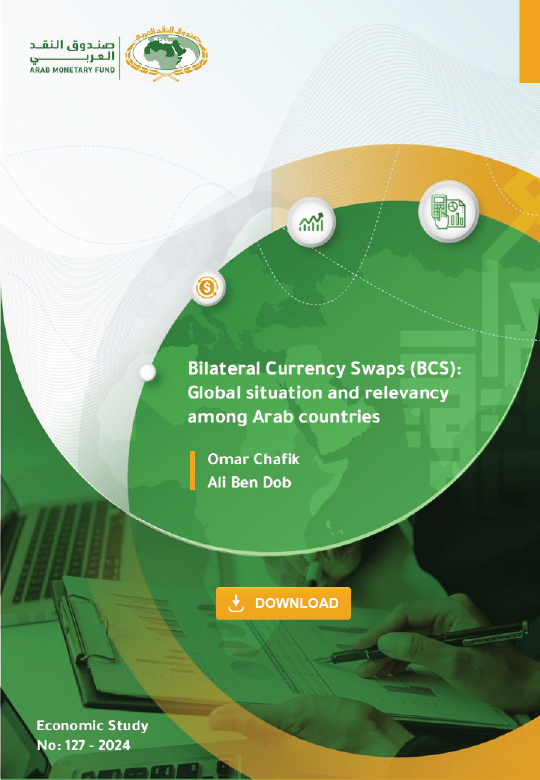This study sheds light on BCS agreements, their motives, and usefulness, and suggests a methodology for assessing the relevance of establishing BCS agreements within the Arab region.
Key findings reveal that establishing BCS agreements could be relevant if there are substantial financial and trade linkages between economies or a willingness to establish them in the future. Hedging against bilateral exchange rate variations provided by BCS can be a key factor in preserving and improving those linkages.
The empirical analysis shows that at least three to seven Arab countries may find establishing a BCS agreement, with another Arab country relevant.
While these results offer valuable insights into strengthening economic and financial integration in the Arab region, the study underscores the need for caution in using BCS agreements. Improper use of these agreements may encourage unsustainable economic policies and facilitate the propagation of financial imbalances, highlighting the importance of responsible financial management.
Considering these findings, the study recommends using BCS agreements as a complementary layer within the international and regional financing arrangements. It also emphasizes the need to enhance capabilities in monitoring macroeconomic stability and supporting economic and financial reforms in member countries, providing a clear roadmap for future financial strategies.
